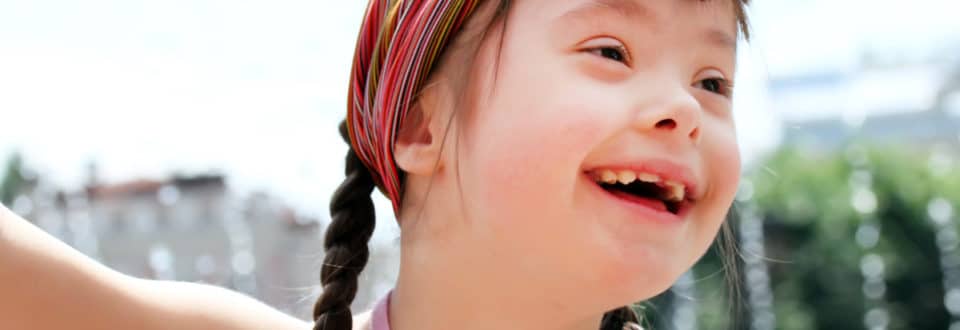William Rutherford: Inclusion for Better Education

“Mr. Rutherford, I love you,” I hear from the corner of a second grade classroom as I reach for the handle to open the door. I pause, look back into the room and say, “I love you too Alex.” This room of twenty-eight students feel unaffected by my declaration. Sharing love in this classroom is normal.
Alex has a lot of love to offer. As a child with Autism, Alex feels emotions differently than other kids, but Alex understands love. It takes awhile for Alex to trust an adult; to allow a hug, a rub on the back, a tussle of the hair. An unwanted or unexpected touch might elicit an explosion, rage, fear, confusion, but when Alex trusts, a hug is comforting-like a warm blanket on a cold night.
In this classroom of twenty-eight students, all kids are included. Students with brilliant minds, students whose hands work expressing one’s intelligence, students more artistic than scholastic, students who need to talk to understand, and students who struggle to learn and student with disabilities all contribute to this learning environment. All students are vital to the learning of all students in this collaborative classroom.
Walking back into this room, I see students of all abilities ready to participate and share what they are learning.
“Guess what Mr. Rutherford, when a bee stings a victim, the bee sacrifices his life. Pretty sad huh?”
“Did you know Mr. Rutherford that bees are dying from a bug called the varroa mite?”
“Hey, Mr. Rutherford, do you know that over 100 plants rely on bees to pollinate them to ensure they produce fruits or vegetables?”
“I love bees,” Alex states as I laugh and offer a rub on the head.
“I do too,” I tell Alex as I leave the room.
Every child deserves the benefit of an inclusive classroom. Too many times I hear a young voice complain, “Why can’t I stay in class with the other kids,” as a student leaves his or her homeroom class for another classroom to remediate the student’s reading or math skills. The student loses the sense of belonging. When the child leaves, he or she often misses valuable classroom work which perpetuated the need for more remediation. In an inclusive classroom a child is accelerated, not remediated.
Kathleen Whitbread shares in her paper titled, “What does the Research Say About Inclusion Education?” There is a strong research base to support the education of children with disabilities alongside their non-disabled peers. Although separate classes, with lower student to teacher ratios, controlled environments, and specially trained staff would seem to offer benefits to a child with a disability, research fails to demonstrate the effectiveness of such programs.
There is mounting evidence that, other than a smaller class size, “there is little that is special about the special education system,” and that the negative effects of separating children with disabilities from their peers far outweigh any benefit to smaller classes.
Students with disabilities in inclusive classrooms show academic gains in a number of areas, including improved performance on standardized tests, mastery of IEP goals, grades, on-task behavior and motivation to learn.
Moreover, placement in inclusive classrooms does not interfere with the academic performance of students without disabilities with respect to the amount of allocated time and engaged instructional time, the rate of interruption to planned activities and students’ achievement on test scores and report card grades.
Students with disabilities, children with academic holes in their education and high achieving students may require additional help in the classroom to accommodate their needs. To meet this need, I advocate pushing services into the general education classroom. A classroom with two teachers, co-teaching and paraprofessionals offering differentiated instruction for all students ensures students feel included, ensures students are able to reach their full potential and creates a community of students who feel they belong.I believe this is what every parent wants for their child and I know this is what Alexs’ parents demand for their kid.


